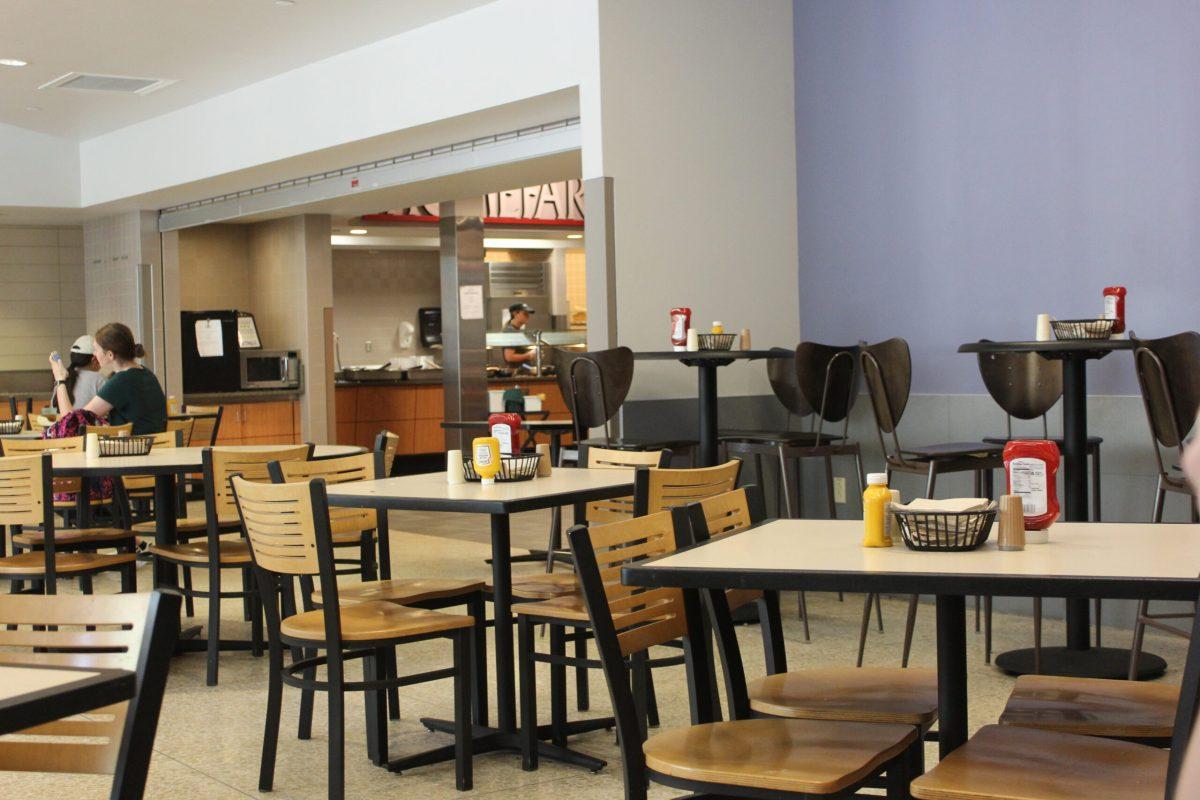“Knowledge is the key to success in developing positive habits. Commitment begins with a personal understanding of the social and environmental impact we have, and the roles we play individually and as a community.” From this statement written about MU’s sustainability efforts, one would think that Campus Dining Services and the university are doing all that they can to make campus greener. However, when you look past well-worded statements, as well as outdated stats and webpages, it’s clear that CDS is doing very little to live up to their promises.
In the past, CDS has been more proactive in its efforts to be more sustainable, but in recent years those efforts have been reduced significantly. According to its Pride Points webpage, CDS composts its food waste with Bradford Research Farm. However, in an article by the Columbia Missourian the department has decreased the amount of material it sends to Bradford by 40%.
The use of plastic is also something that has many students at MU confused. Reusable plates, cups and silverware are only available when big tour groups are expected to come through the dining halls. Other days, disposable cutlery, dishes and cups are utilized equalling up to at least 250 tons of waste per year.
Furthermore, the lack of vegan options in dining halls is uninspired. According to Global Citizen, growing more plants and reducing the demand of meat and factory farming can help clean soil, reduce energy consumption and purify the air. There are also many that are looking to a vegan diet for its health and environmental benefits, with “12% of Millennials [describing] themselves as vegetarians or vegans, 11% of boomers, 8% of Gen Xers and 7% of Gen Z,” according to Forbes. Restaurant chains are also looking at more vegan options, with Burger King releasing their Impossible Whopper and KFC testing out Beyond Chicken.
With many looking to veganism as a lifestyle, why can’t CDS take note? On its website, CDS has a page dedicated to helping plant based students navigate vegan options at various locations, saying that “Campus Dining Services has options at every location to meet a wide range of dietary preferences, restrictions and allergies.” On PETA’s Vegan Report Card website, however, MU has a 45% student satisfaction rating. One student wrote, “Short of a very basic salad bar, the university offers no hot [vegan] food prepared by staff. The mini fridge holds a large variety of processed foods like dairy free muffins, breads, pastas, veggie patties, and burritos. The lack of options makes it very difficult to enjoy being vegan here.”
With all of this being said, why is it important that we’re talking about MU’s sustainability efforts — or lack thereof? Broadly speaking, if nothing is done on a global scale to help our planet we won’t have it for much longer. Also, we need to talk about it because MU won’t. CDS’s website is swamped with pages dating back to 2013 and is riddled with stats that are in no way relevant to campus anymore. The charade that is reusable cutlery and plates on tour days is disingenuous. Equating plant based eating to a salad bar is lazy. And above all, none of this is showing dedication to sustainability and a “personal understanding of the social and environmental impact we have, and the roles we play individually and as a community.”
EnvironmentalScience.org defines sustainability as “[looking] to protect our natural environment, human and ecological health, while driving innovation and not compromising our way of life.” Google also says that it is “the ability to be maintained at a certain level or rate.” What CDS has done in the past, while it should be celebrated, doesn’t align with the above definition. Most importantly, it doesn’t align with the desires and needs of MU students. If it did, we wouldn’t be having this discussion. The ask isn’t that CDS start up programs and initiatives that aren’t feasible, but rather focus on one effort at a time, do it well, do it honestly and transparently.
_Edited by Maureen Dunne | [email protected]_








